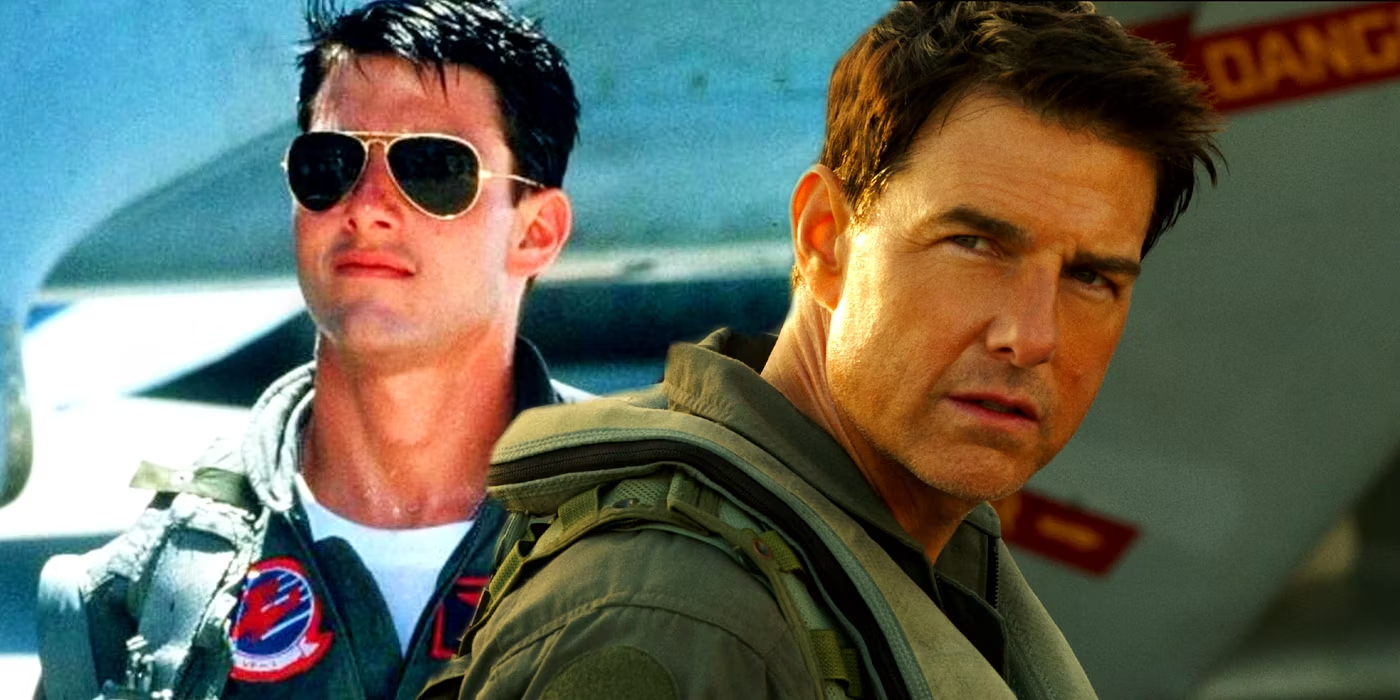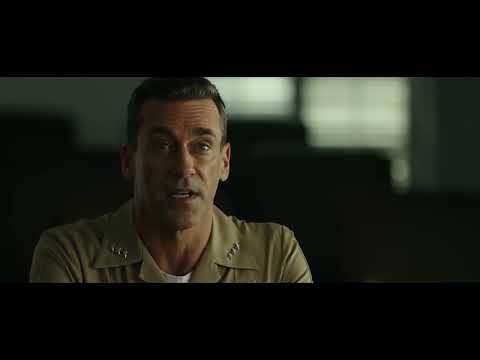In the realm of cinematic comebacks, “Top Gun: Maverick” is a phenomenon that took over thirty years to materialize. The sequel, strikingly delivered three decades after Tom Cruise first captured audiences as the daring fighter pilot Maverick, replicated the success of its predecessor—a success cemented back in 1986. Despite the pivotal absence of Tony Scott, the original film’s director who passed away in 2012, the sequel’s allure remained intact. It was Tony’s brother, Ridley Scott, a legend in his own right, who Tom Cruise initially approached to direct the high-flying sequel. Yet, Ridley Scott declined the offer, leaving Joseph Kosinski to take the helm, which he did with spectacular results. But not without stirring some controversy when Ridley later critiqued the film as “mediocre.”
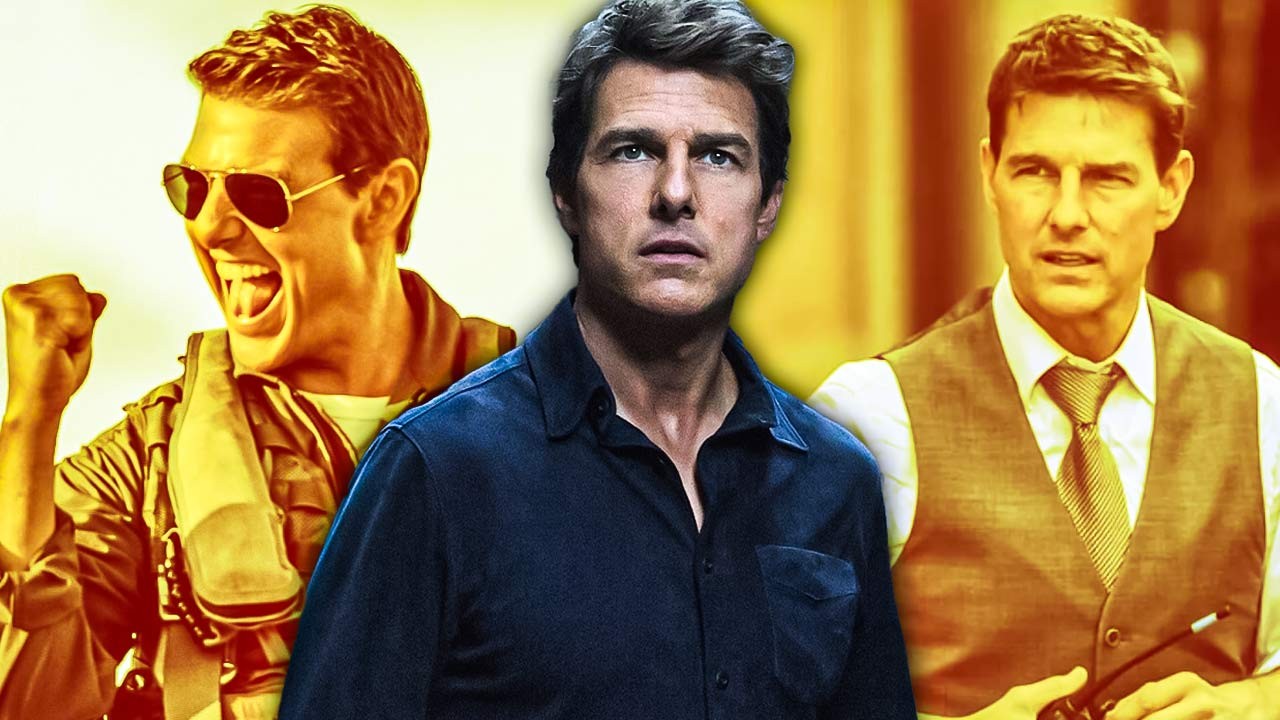
Box Office Triumph and a Mixed Critical Reception
Despite the behind-the-scenes drama, “Top Gun: Maverick” soared at the box office, amassing a staggering $1.46 billion globally against its $170 million budget, according to The Numbers. This monumental success was echoed by a stellar 96% critical approval on Rotten Tomatoes, cementing its status not just as a commercial behemoth but as a critically acclaimed piece of cinema.
Yet, the path to this success was fraught with potential pitfalls. The original plan for a sequel had been in the works since as early as 1990, but it wasn’t until 2010 that a convincing plot brought Cruise back on board. The untimely death of Tony Scott in 2012 could have derailed the project, but Cruise’s determination saw the project through, ultimately passing the directorial baton to Kosinski.
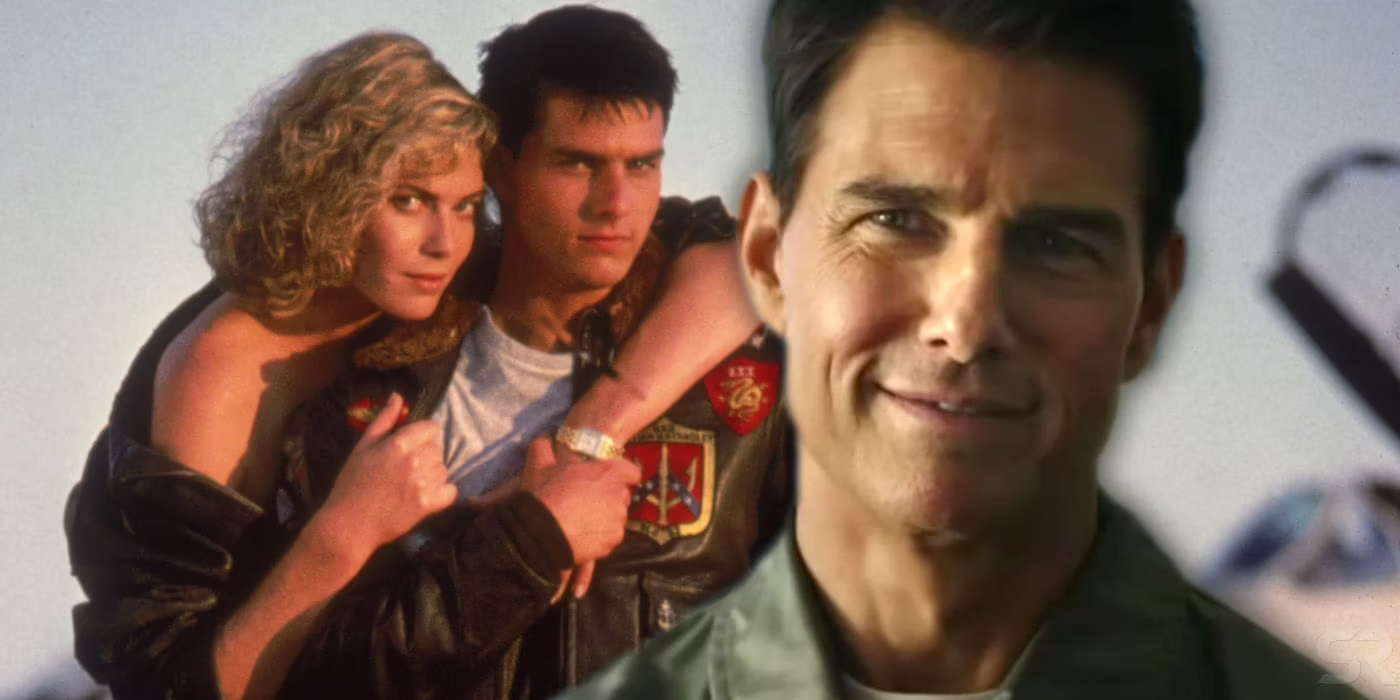
The Ridley Scott Commentary: A Perspective of Its Own
Despite its success, Ridley Scott’s less-than-enthusiastic response to the film added a layer of complexity to its reception. At the DGA Latino Summit 2023, director Fede Álvarez relayed a conversation with Scott, quoting him as saying the sequel was “like, eh,” and not as original as his brother’s work.
This sentiment, while starkly contrasting with the public and critical reception, offers a glimpse into the subjective nature of film appreciation, even among the most esteemed filmmakers.
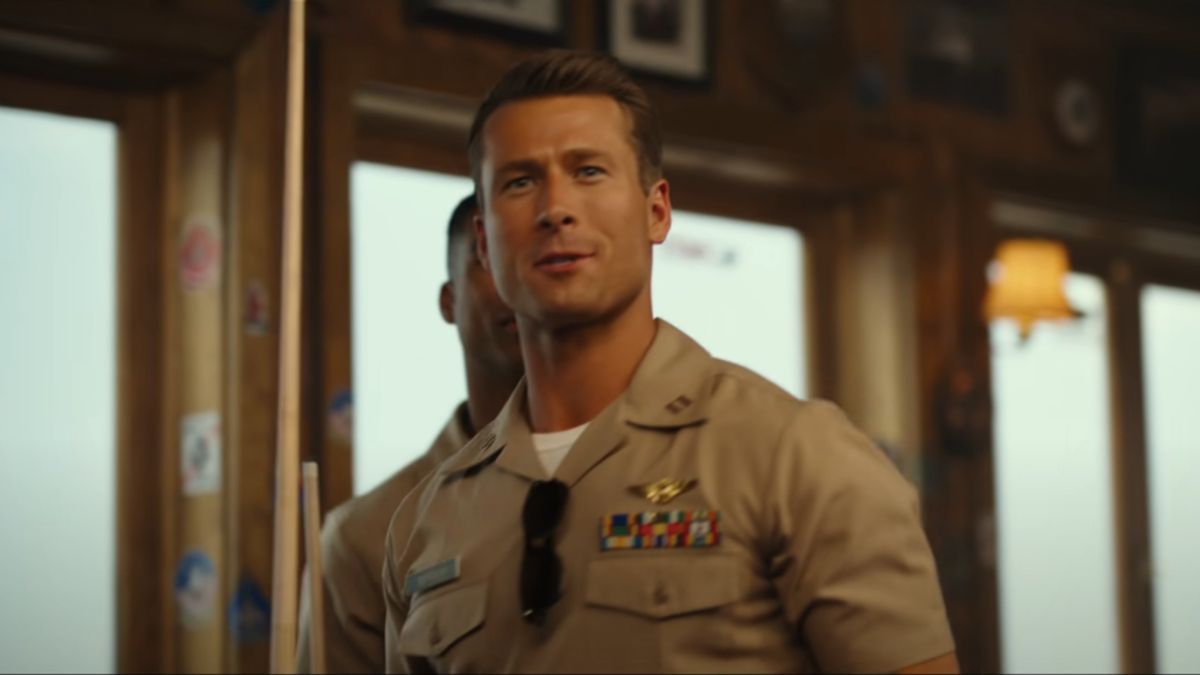
Conclusion: The Maverick Continues to Fly High
While Ridley Scott may not have found “Top Gun: Maverick” to his liking, the film has undeniably left its mark on both fans and the box office. It’s a testament to the enduring appeal of its lead star and the timeless allure of the high-octane world of naval aviation. Despite the critiques, the legacy of Tony Scott’s original vision persists, propelling Maverick’s story to new heights and ensuring that his cinematic impact continues to resonate with a new generation.

In navigating the turbulent skies of film criticism and box office pressures, “Top Gun: Maverick” demonstrates that even amidst the most challenging of expectations, there’s always room for a film to soar on its own merits, capturing the hearts of audiences worldwide and proving that some legacies do indeed stand the test of time.
